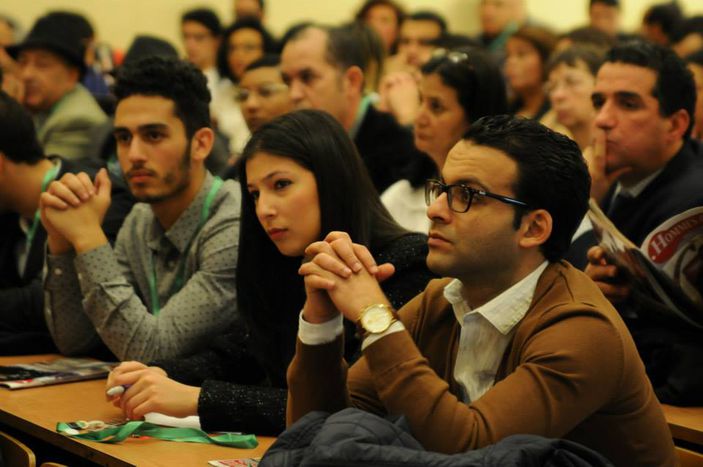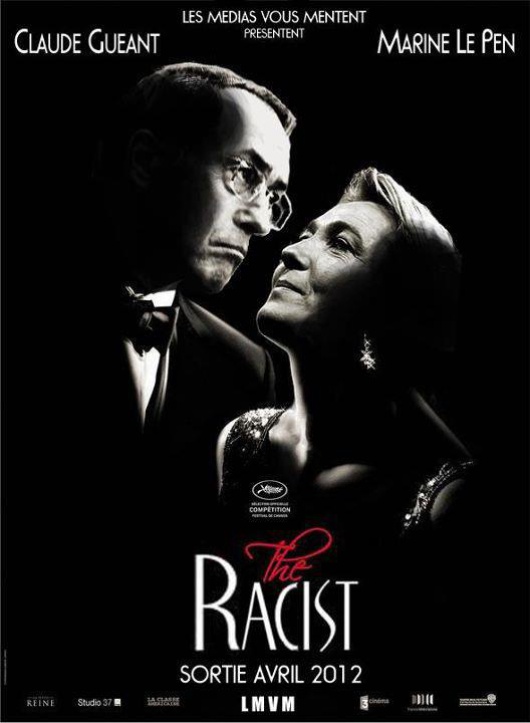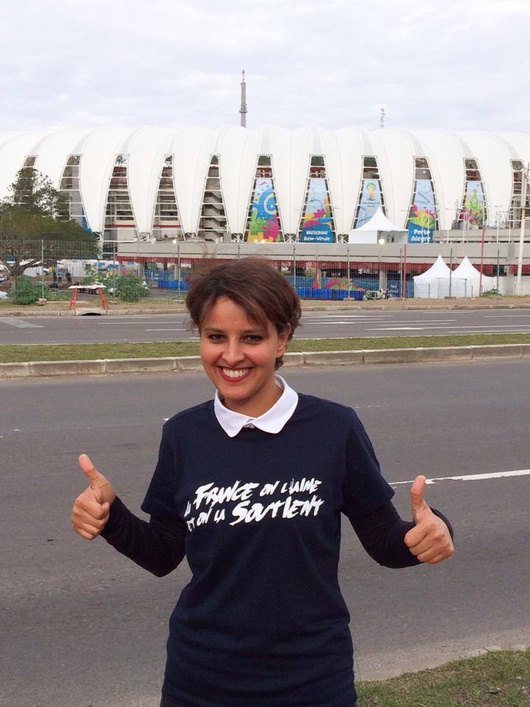
The Political Malaise of moroccan students in france
Published on
Translation by:
Kait BolongaroOumaïma Rachdi is a journalism student from Casablanca. In the framework of the Euromed project Reporter in Paris, she wanted to focus on the political participation of young Moroccans in France. Surprised by the malaise that prevailed on the issue as well as the chronic lack of answers, she explains why she cannot write this story.
cafébabel: Why did you choose to study the subject of political participation of young Moroccans in France?
Oumaïma Rachdi: I wanted to know if Moroccans [in France] generally view politics as a taboo. If they thought that politics is only reserved for a few insiders, as is the case in Morocco. In my country, politics is a forbidden topic of conversation for the average person. It is too closely tied with the subject of the royal family, another taboo today. It is very rare to see young people speaking about politics in Morocco. Over the past few years, there have been some attempts from youth to create alternative political movements. It was the Movement of February 20th (referring to February 20th, 2011 - Editor) that was quickly squashed by the authorities and the power of traditional parties. On April 6th in Casablanca, some young people went to prison for organising a march that been authorised beforehand and was completely peaceful.
cafébabel: Did you notice the same restraint among Moroccans in France with respect to politics?
 Oumaïma Rachdi: I found exactly the same Moroccan, or Arab, discourse: politics is taboo. The people whom I met in France told me that they aren't concerned about politics. I was very surprised to hear the same sentences, word for word, all ending in "Long live the King." Yet people who I spoke to are young and have been working or studying in France for a long time. They should be interested in the politics of the country where they are living. They are engineers, corporate managers, students in economics or medicine. Most of those whom I interviewed are French citizens, but simply wish to enjoy the right to vote, not to be engaged.
Oumaïma Rachdi: I found exactly the same Moroccan, or Arab, discourse: politics is taboo. The people whom I met in France told me that they aren't concerned about politics. I was very surprised to hear the same sentences, word for word, all ending in "Long live the King." Yet people who I spoke to are young and have been working or studying in France for a long time. They should be interested in the politics of the country where they are living. They are engineers, corporate managers, students in economics or medicine. Most of those whom I interviewed are French citizens, but simply wish to enjoy the right to vote, not to be engaged.
cafébabel: Why do you think this is so?
Oumaïma Rachdi: I think it's a question of education. In Morocco, the belief that politics is dangerous is passed down from generation to generation. Taking an interest in politics means playing with fire. Currently, there is a Moroccan-born French minister and a former minister who was born in France to Moroccan immigrant parents, who was the first Moroccan to hold such an official position in the French government. (Referring to Najat Vallaud-Belkacem and Rachida Dati, respectively - Ed.) It is a shame.
cafébabel: What are Moroccan students hoping to find in France?
 Oumaïma Rachdi: In Morocco, French diplomas are recognised. If you are a graduate of a French institution, then it will be much easier to find a job when you return home. Young immigrant students mainly come to gain professional experience that then allows them to develop in their area of expertise - usually in the fields of engineering, economics or medicine - especially in their country! The people I met clearly stated that they plan to eventually return to Morocco. Often, they cited the feeling of being viewed as an 'eternal immigrant' and the desire to change things [that motivates them to return]. But, this desire for change doesn't translate into the political arena; it remains confined to their professional field. Finally, why do Moroccan students go to France more than elsewhere, I think it is because of the language, of course. And the diplomatic relations! (Laughs).
Oumaïma Rachdi: In Morocco, French diplomas are recognised. If you are a graduate of a French institution, then it will be much easier to find a job when you return home. Young immigrant students mainly come to gain professional experience that then allows them to develop in their area of expertise - usually in the fields of engineering, economics or medicine - especially in their country! The people I met clearly stated that they plan to eventually return to Morocco. Often, they cited the feeling of being viewed as an 'eternal immigrant' and the desire to change things [that motivates them to return]. But, this desire for change doesn't translate into the political arena; it remains confined to their professional field. Finally, why do Moroccan students go to France more than elsewhere, I think it is because of the language, of course. And the diplomatic relations! (Laughs).
This article is part of a special project founded in paris and carried out as part of the euromed reporter project, initiated by cafébabel in partnership with i-watch, the anna lindh foundation and search for common ground.


Translated from Le malaise politique des étudiants marocains de France



